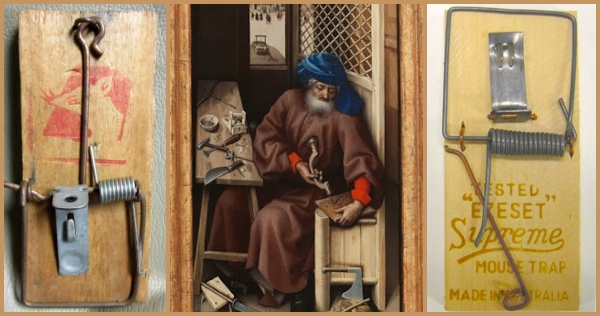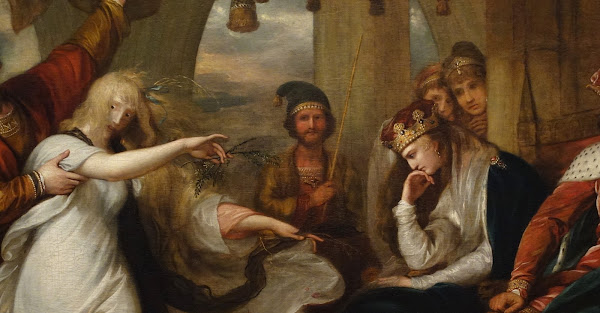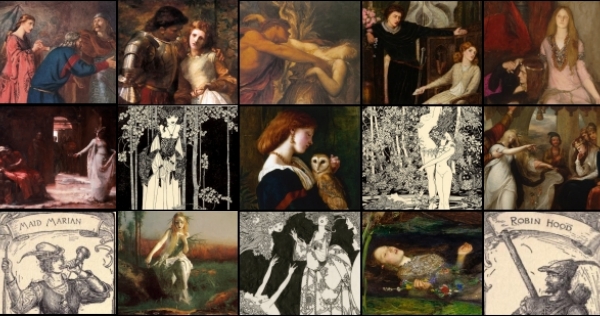Part 21: Ophelia's Bonny Sweet Robin: Tricksters who Redistribute Agency

In her alleged madness, one of Ophelia’s lines that has attracted critical attention is when she sings, “For bonny sweet Robin is all my joy” (4.5.210). For years I ignored this song of Ophelia's, but given how many feminists speak of the lack of agency of Ophelia and Gertrude, it occurred to me: Robin Hood is a trickster who stole from the rich and gave to the poor. In doing so, he redistributes not only wealth, but also agency. As often happens, the lines we once ignored may be more important than we thought at first. In 1958, during the cold war and still relatively soon after the impact of Freud and his student, Ernest Jones (Hamlet and Oedipus, 1949), Harry Morris wrote an essay about this part of Ophelia’s songs, highlighting mostly the bawdy slang implied with Robin (Bob, Knob) and such details as one tale of Maid Marian given over to Friar Tuck as a concubine. [1] This should not be ignored, as the Robin Hood tales and plays were associated with spring festivals fe





